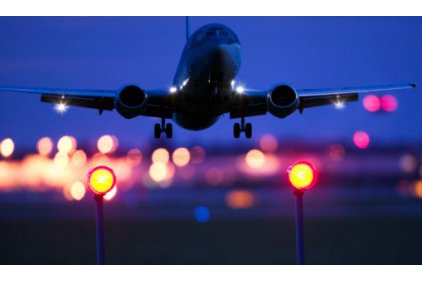 The National Transportation Safety Board (NTSB) says a new poll about the role of sleepiness and errors should serve as a "wake up call" for the transportation industry.
The National Transportation Safety Board (NTSB) says a new poll about the role of sleepiness and errors should serve as a "wake up call" for the transportation industry.
For the first time, the National Sleep Foundation (NSF) asked transportation professionals about their sleep habits. Nearly one-fourth of pilots and train operators admit that their performance is affected at least once a week by sleepiness. Moreover, one in five pilots acknowledge a serious error, and one in six train operators and truck drivers say that sleepiness has led to a near miss.
The release of the survey results coincides with National Sleep Awareness Week (March 5-9) and the start of daylight savings time on Sunday.
The NTSB says that many of the accidents it has investigated have been caused by fatigue.
"While alcohol is often associated with impairment, operating a vehicle while fatigued can be just as deadly," said NTSB Chairman Deborah A.P. Hersman. "As we move the clocks forward an hour this weekend, transportation operators need to plan for adequate sleep on Sunday night
and every other night to safeguard the travelling public."
"Inadequate sleep puts lives at risk - we see this over and over in our accident investigations. Improving the quantity and quality of sleep can improve safety and ultimately save lives."
Managing human fatigue has been on the NTSB's Most Wanted List of transportation safety improvements since the list was first created in 1990. As a result of accident investigations, the Safety Board has issued nearly 200 fatigue-related recommendations to address diverse areas including: hours of service requirements, scheduling policies, education and training, diagnosis and treatment of sleep disorders, research, and vehicle technologies.



